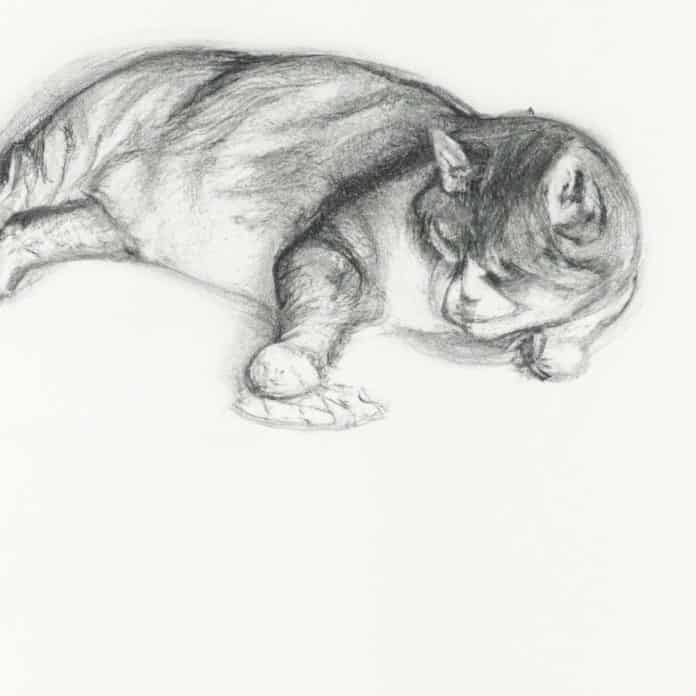Dear VetBabble,
My cat was recently diagnosed with a furball in his digestive tract. Since then, he has been on medication but hasn’t been eating much. I am worried about his condition deteriorating. Should I take him to the emergency vet, or is it safe to monitor him overnight and contact our regular vet in the morning?
Why Your Cat Might Not Be Eating and What to Do
It can be concerning when your cat is not eating, especially since they might not show any other signs of distress. This can be particularly worrying if they have an existing health issue such as a furball in their digestive tract. In such cases, it’s essential to determine why your cat is not eating and take the necessary steps to ensure their wellbeing. Let’s explore some possible reasons for this behavior and how you can help your cat get back on track.
1. Possible Causes for Your Cat’s Loss of Appetite
When your cat is not eating, the first step in addressing the issue is to consider possible explanations for this behavior. While some feline friends might just be picky eaters, lack of appetite can also signal more severe health issues.
- Furballs: As mentioned in your question, furballs can cause discomfort and lead to a lack of appetite. If your cat has been diagnosed with a furball in their digestive tract, it could be the primary reason for their reluctance to eat.
- Illness: Cats can be very good at hiding their pain. A cat that suddenly stops eating might be experiencing pain or discomfort from an undiagnosed illness. If you suspect this might be the case, it is best to consult with your vet immediately.
- Stress: Cats are sensitive to changes in their environment. If something has changed recently, such as a move or the introduction of a new pet, it could cause stress for your cat and lead to a loss of appetite.
- Dental problems: Issues with teeth or gums can make eating difficult or painful for your cat. Be sure to check for any signs of dental problems, such as bad breath, red or swollen gums, or difficulty chewing.
Understanding potential reasons for your cat’s loss of appetite can help you determine the appropriate course of action. For help on what to do if your cat won’t eat, click here.
2. Monitoring Your Cat and Seeking Professional Help
If your cat has not been eating well for a day or two, it may be safe to monitor them overnight and contact your regular vet in the morning. However, any longer than that can become increasingly risky, as cats have a unique metabolism that makes them more susceptible to issues like fatty liver disease if they go extended periods without eating.
When your cat stops eating, it is crucial to monitor them carefully for any signs of distress or deteriorating health. If you notice any disturbing symptoms, such as vomiting, lethargy, or difficulty breathing, it is best to take them to the emergency vet immediately. To learn more about why your cat might be vomiting, click here.
Even if your cat’s symptoms are not severe, it is essential to maintain open communication with your vet and schedule regular check-ups. This will help ensure that any potential health issues can be detected and treated promptly. For more information on regular vet checks for your cat, click here.
3. Emergency First Aid for Your Cat
In the unfortunate event that your cat is showing signs of distress or an emergency situation, it is crucial to know how to perform first aid. Familiarizing yourself with the proper steps for handling a variety of feline health emergencies can help you act quickly and potentially save your cat’s life.
To learn more about a first aid guide for cats, click here. Remember to always consult with your veterinarian about the best course of action for your specific situation.
In conclusion, it is essential to be attentive to your cat’s needs, especially when they are not eating. Observing any changes in their behavior, consulting with your veterinarian, and seeking emergency care when necessary can all make a significant difference in maintaining your cat’s health and well-being.









